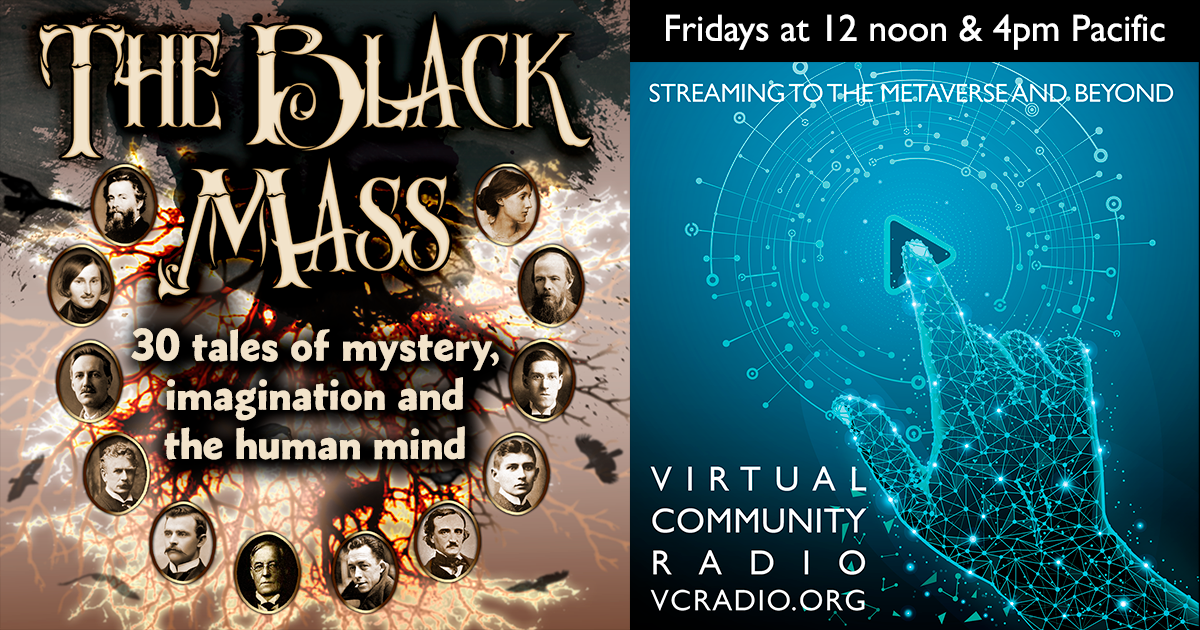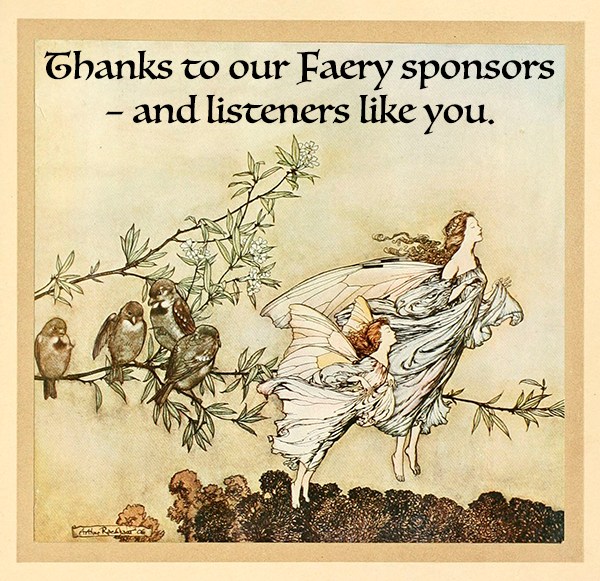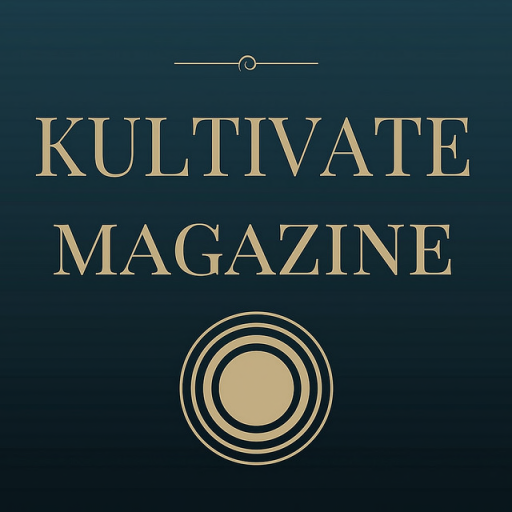The Black Mass 23: The Boarded Window by Ambrose Bierce

Join us on Friday at a little after 12 noon or 4pm Pacific time for another episode in the landmark radio drama series The Black Mass, created by the late Erik Bauersfeld and his colleagues at the Pacifica radio station KPFA in Berkeley, California, over fifty years ago. In 30 chilling tales of mystery, imagination and the human mind, The Black Mass brings you some of literature’s most haunting stories, by masters of the craft — many of whom are best-known in other fields. Our thanks as always to John Whiting, producer of many of these recordings, and of course to Erik Bauersfeld himself. This programme was originally broadcast on February 12, 1964.
Note that the episode will not start until the track playing at the top of the hour has finished, so the actual start time of the episode will be a few minutes after the hour.
Today: The Boarded Window by Ambrose Bierce
“The Boarded Window: An Incident in the Life of an Ohio Pioneer” is a short story by American Civil War soldier, wit, and writer Ambrose Bierce. It was first published in The San Francisco Examiner on April 12, 1891 and was reprinted the same year in Bierce’s collection Tales of Soldiers and Civilians. The setting for the story is that part of Ohio where Bierce’s family lived until 1846.
Bierce’s story was probably influenced by Poe’s “The Premature Burial”. “That of Granny Magone” is Bierce’s earlier treatment of a similar subject.
Wikipedia says of Ambrose Bierce:
Ambrose Gwinnett Bierce (June 24, 1842 – circa 1914) was an American short story writer, journalist, poet, and Civil War veteran. His book The Devil’s Dictionary was named as one of “The 100 Greatest Masterpieces of American Literature” by the American Revolution Bicentennial Administration. His story “An Occurrence at Owl Creek Bridge” has been described as “one of the most famous and frequently anthologized stories in American literature”; and his book Tales of Soldiers and Civilians (also published as In the Midst of Life) was named by the Grolier Club as one of the 100 most influential American books printed before 1900.
A prolific and versatile writer, Bierce was regarded as one of the most influential journalists in the United States, and as a pioneering writer of realist fiction. For his horror writing, Michael Dirda ranked him alongside Edgar Allan Poe and H. P. Lovecraft. S. T. Joshi speculates that he may well be the greatest satirist America has ever produced, and in this regard can take his place with such figures as Juvenal, Swift, and Voltaire. His war stories influenced Stephen Crane, Ernest Hemingway, and others, and he was considered an influential and feared literary critic. In recent decades Bierce has gained wider respect as a fabulist and for his poetry.
The Black Mass artwork was created by Terry Lightfoot.


















